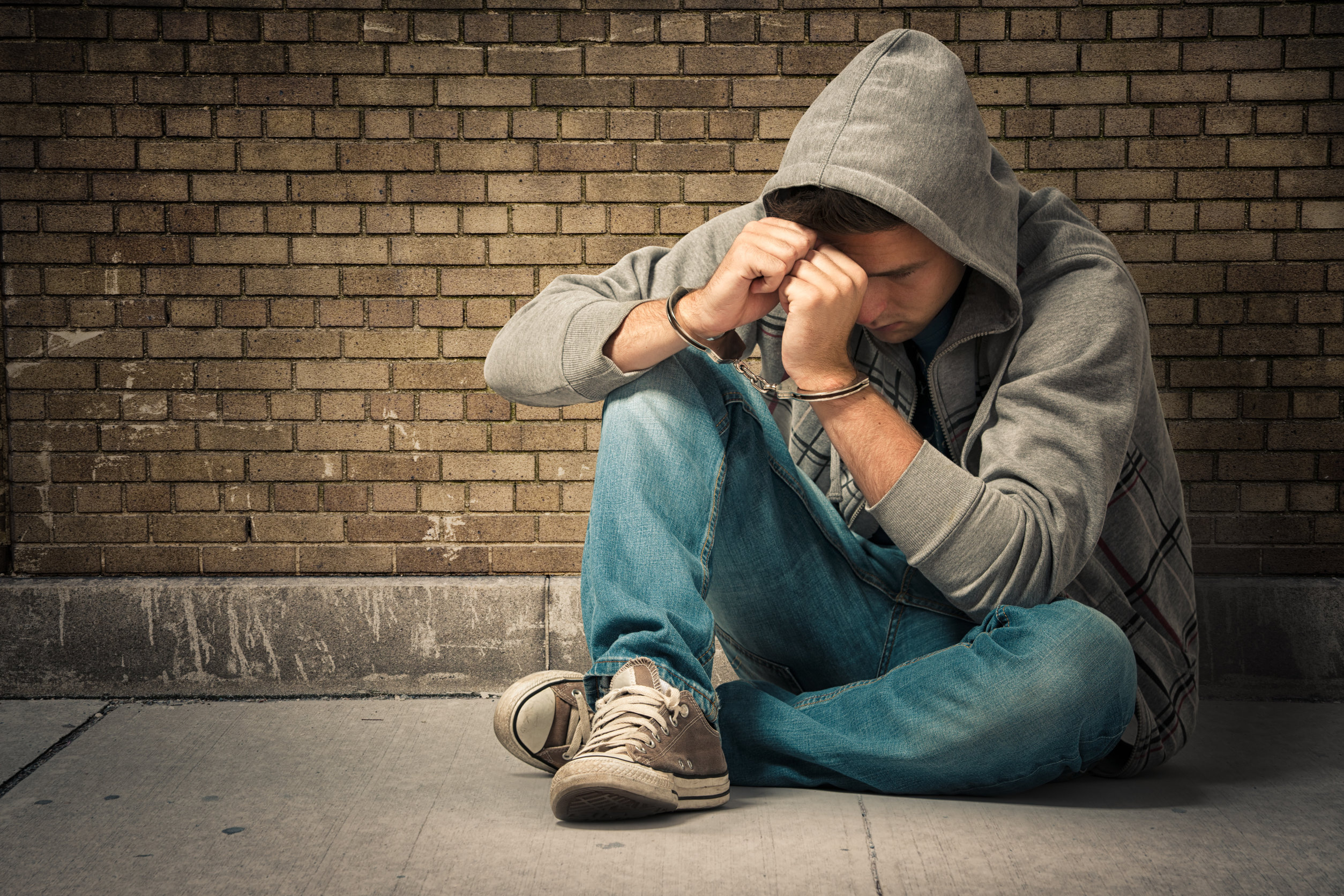If you are the subject of a protective order in Colorado, then it can have a huge impact on your everyday life. It can limit where you go, who you talk to, and even the things you do in the community. You may not even be able to enter your home or talk to your kids.
What is a protective order, how does someone get one, and how can it be violated? These are all very important questions, and you’ll want to know the answer. After all, violating a protective order is a crime itself, so you don’t want to add more to an already full plate. Read on to find the answers to all these questions.
What Is a Colorado Protective Order?
There are two types of protective, or restraining, orders in the state of Colorado. They are civil protection orders, which are initiated by a victim of domestic violence, and criminal protective orders, which are the result of a criminal arrest for a crime involving domestic violence.
Criminal protective orders are mandatory in cases where someone is arrested for a crime. The court or law enforcement suspects that the person arrested threatened or actually used violence to control, coerce, or punish their intimate partner.
What Does a Mandatory Protective Order Do?
A mandatory protective order means that the person named in the order cannot harass, molest, retaliate against, tamper with, or intimidate the person protected by the order. So, the person under the order may have to:
- Vacate their home, if it’s shared with the victim
- Steer clear of the victim’s home
- Not contact family members of the victim
- Not contact the victim
- Stay away from locations the victim is likely to visit
They may have to give their firearms to law enforcement as a condition, and refrain from using controlled substances or alcohol. However, the judge can really order anything to protect victims. The person named in the order must abide by the orders.
Common Ways Protective Orders are Violated
While each situation in which a protective order is granted is different, there are some common ways to violate one. They include:
Getting Too Close to the Victim
Most protective orders require the person named to stay a certain distance from the person whom the protective order was issued to protect. Being near them violates the order.
Not Moving
If you share a dwelling with the victim, then you must move out of your home immediately. If you fail to do so, or visit your former home, then you violate the order.
Making Contact
Protective orders prevent a person from contacting the victim in any way, even through others. You cannot email, text, contact on social media, or call the victim. Even sending mail to them can violate the order, so it’s best to cut all contact.
Visiting a School or Workplace
Protective orders require you to stay away from places you know the victim or victims will be, which includes school and places of work. In fact, even if you share a school or a workplace with the victim, you still cannot enter those premises.

Not Paying Bills
Even though you may have to leave your home, you are still obligated under the order to pay bills related to your dwelling such as a mortgage, insurance, utilities, or rent. You may also need to continue to pay for transportation, childcare, medical care, or household services.
Violating a protective order is serious, so make sure you understand what is expected of you and adhere to it – or you could face the consequences.
About the Author:
Kimberly Diego is a criminal defense attorney in Denver practicing at The Law Office of Kimberly Diego. She obtained her undergraduate degree from Georgetown University and her law degree at the University of Colorado. She was named one of Super Lawyers’ “Rising Stars of 2012 & 2019” and a “Top 100 Trial Lawyers in Colorado” for 2012-2020 by The National Trial Lawyers. Both honors are limited to a small percentage of practicing attorneys in each state. Additionally, Expertise names her to its lists of the 25 Best Denver DUI Lawyers and 21 Best Denver Criminal Defense Lawyers, both in 2020. Ms. Diego has also been recognized for her work in domestic violence cases.





